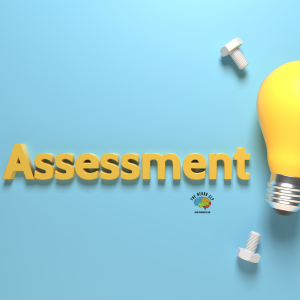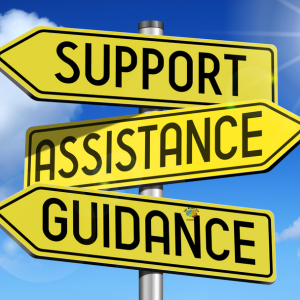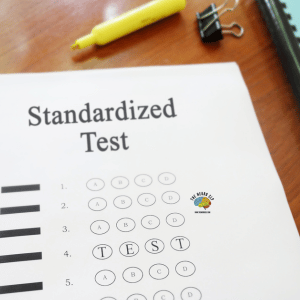Whenever I ask Speech Language Pathologists what the worst part of their job is, they usually reply “documentation”. They say there’s too much documentation and that the documentation takes too long to complete. SOAP Notes, specifically. The majority of SLPs feel pretty confident in their S section (Subjective), their O section (Objective), and their P section (Plan). Where SLPs tend to get stuck is on the A section (Assessment)... so let’s focus on that today.
In my opinion, the O/objective section is the patient's time to shine, whereas the A/assessment section of the SOAP Note is YOUR time to shine as a Speech Language Pathologist! In the A/assessment section, SLPs get to ANALYZE and INTERPRET how the patient is doing in treatment visits. So, do just that….. use your clinical skills and ANALYZE and INTERPRET.
Things we want to keep in mind when writing our “A” section:
- Is expected progress being made? Why or why not? Are there any barriers to the patient’s performance that still need to be addressed?
- What are contributing factors to their progress or lack thereof?
- What cues are the patient benefitting from/not benefitting from? Are these cues different from the cues they needed previously? What information does this provide?
- Is the patient increasing insight/awareness? Are they self-correcting when they make errors?
- Is the patient initiating use of any strategies, modifications, or tools that are beneficial?
- How is the patient’s speed with their tasks? (Not just accuracy)
- How confident or comfortable is the patient appearing with their performance?
- How receptive is the patient to SLP feedback?
- How collaborative is that patient in generating ideas for therapy activities or home work practice?
- Overall, how good of a candidate for therapy is the patient given what’s been documented?
Including information like this in your “A” section helps readers of the SOAP Note see the picture you’re painting of your patient's performance. See below for sample “A” sections that I think do a good job of “analyzing” and “interpreting” what’s reported in the “O” section.
ASSESSMENT:
“Patient is continuing to increase familiarity of internal memory strategies that have been reviewed in detail. He/she benefits from having a visual aid present with a list of possible internal memory strategies to choose from during therapeutic memory activities. More practice will be needed to determine which internal memory strategies are best for them in WHICH situations. Both in-session and at-home consistent participation in therapeutic memory tasks is allowing patient more opportunities to practice automaticity and gain more confidence across situations."
ASSESSMENT:
“Patient is steadily improving his/her use of newly established external memory aids (ex: phone calendar for medical appointments and phone alarm for taking medication) to help with memory performance. This is evident by self-report and by patient missing no more than 1 medical appointment this past week and missing no doses of medication since last visit. While the patient does continue to need instruction on how to be more specific with labeling calendar entries (ex: Speech Therapy vs. Occupational Therapy), significant progress is being made. Patient continues to be a motivated and engaged patient, making prognosis remain good."
ASSESSMENT:
“Patient is making significant progress towards word finding goals. Each visit, they need fewer cues to initiate use of word finding strategies in both structured and unstructured therapy tasks. They are also having fewer instances of sentence/thought abandonment (ex: instances of them saying “never mind” or “forget it” each visit. They report more confidence in speaking on the phone, and family members say they are steadily increasing engagement in conversation during family meals.”
There you go! Lots of advice on helping you improve your A/assessment section of your SOAP. I hope that doing so helps you save time and energy on your documentation. In addition, of you haven’t already, be sure to read my blog post entitled “Time-Saving Documentation Tips for Outpatient Speech Language Pathologists” for more tips.
Comment below, what are some resources you like to use when helping you write your SOAP Notes? (Specifically, your A/assessment section?)
Here for you always, Neuro SLPs. As always, have some great speech therapy sessions!
-Dana (The Neuro SLP)


























Comments ()